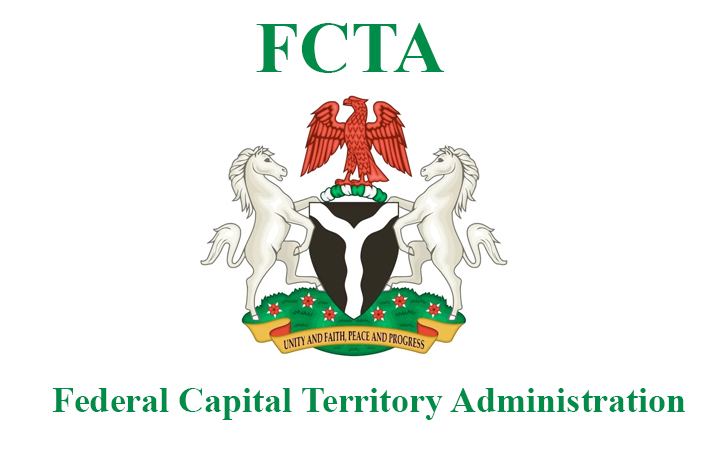Share!
‘World AIDS Day: 61,384 people, children Are on Watchlist Treatment, FCT
The Federal Capital Territory has successfully placed 61,384 people living with HIV/AIDS (PLHIV) on treatment.
Dr Adedolapo Fasawe, Mandate Secretary, Health Services and Environment Secretariat, FCT Administration, stated this in Abuja on Monday, at a press conference to commemorate the 2024 World AIDS Day.
Fasawe said that the day, with the theme, “Take the Right Path: Sustain HIV Response, Stop HIV Among Children”, calls for renewed focus on addressing pediatric HIV and safeguarding the rights of everyone affected by the disease.
She described the World AIDS Day, commemorated every Dec. 1 as a day to unite efforts, increase awareness, support those living with and affected by HIV/AIDS, and honour the memory of those we have lost.
Represented by the Director-General, Hospital Management Board, Dr Olubenga Bello, the mandate secretary, said that figure represents 223 per cent of the projected number of PLHIV.
Fasawe said that the number included those migrating from neighboring states.
She added that of the 61,384 people placed on treatment, 1,048 were children, representing 3.8 per cent and receiving life-saving antiretroviral therapy (ART).
She said that FCT, with an estimated population of 6.95 million had a HIV prevalence rate of 1.4 per cent, a little over the national figure of 1.3 per cent.
She said that the FCTA was currently expanding and strengthening HIV Services in the FCT.
“Our health sector response has been strengthened by a comprehensive network of 122 service delivery points, offering antiretrovirals across the six Area Councils in the FCT.
“Also, there are 285 other conventional spoke sites and 37 unconventional sites, which provide decentralised community-based care to ensure services reach even the most remote populations.
“The FCT’s decentralised model ensures that no one is left behind, enabling communities to access quality care and support close to home,” he said.
The mandate secretary further said that to address pediatric HIV, the FCT has deployed unique interventions, such as mentor mothers who serve as linkage escorts for pregnant women, guiding them through care pathways.
She added that FCT also trained unconventional caregivers, such as traditional birth attendants on the importance of facility-births, prophylaxis, and early infant diagnosis with samples taken within 72 hours of life.
According to her, community initiatives like the Mothers’ Love Party and the AP3 Initiative also enhance support for Prevention of Mother to Child Transmission (PMTCT) of HIV programmes.
“We also expanded access to Pre-Exposure Prophylaxis (PrEP) for HIV prevention, ensuring that individuals without HIV remain free of the disease.”
Fasawe attributed the successes being recorded to strong partnership and collaborations.
She identified the partners as the National AIDS and STI Control Programme and National Agency for the Control of Aids.
Others, she said, were implementing partners such as the Institute of Human Virology Nigeria, AIDS Healthcare Foundation, Mothers2Mothers, the Association for Reproductive and Family Health, and YouthRISE.
“Together, we have prioritised key populations, women, children, and vulnerable groups, ensuring that every person diagnosed with HIV receives the care, dignity, and support they deserve.
“The FCT AIDS, STI, and Viral Hepatitis Control Programme and the FCT Agency for the Control of AIDS’ leadership in integrating services across the territory have made significant strides in addressing the needs of the FCT population.
“From scaling up PMTCT services to expanding pediatric care and decentralising service delivery, these efforts continue to drive the FCT’s progress in meeting and exceeding national targets.
“While we celebrate these achievements, the work is far from complete. Nigeria’s high burden of pediatric HIV demands sustained efforts to identify cases, link individuals to care, and prevent new infections,” he said.
The mandate secretary, who commended the support of the partners, reaffirmed FCTA’s commitment to ending stigma and discrimination, which remained significant barriers to care.
She also said that the FCTA would intensify efforts to reach the unreached, protect vulnerable populations, and ensure that every child, woman, and man living with HIV had access to quality care and support.
Fasawe said that activities would be rounded up on Tuesday with a road walk from Government Secondary School, Garki, to Old Parade Ground, Garki Area 10.
